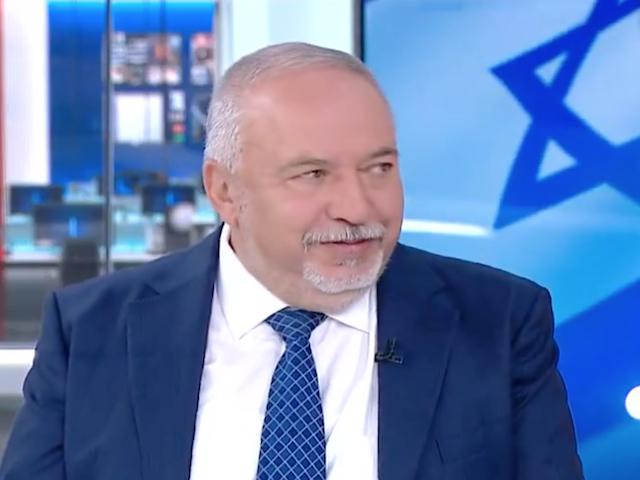In a marked escalation of tensions on Israel's northern frontier, National Security Minister Itamar Ben Gvir has sternly characterized the recent rocket attacks on Safed as nothing short of a declaration of war. This incident, according to the minister, necessitates a significant shift in Israel's strategic posture along the Lebanese border. Ben Gvir, known for his forthright approach, has articulated the need for Israel to reevaluate its longstanding perceptions, particularly the notion that has been applied to its northern adversaries.
The minister's comments come in the wake of a disturbing pattern of violence that has shattered the relative calm in northern Israel. This shift in tone reflects a broader criticism within Israel's security establishment regarding the prior underestimation of Hamas's intentions and capabilities, which culminated in a tragic incident on October 7. The critique suggests that a similar reassessment is overdue concerning Hezbollah, traditionally viewed by Jerusalem as a calculated actor that would avoid outright conflict unless significantly provoked.
🚨🇮🇱ISRAEL MINISTER: HEZBOLLAH NORTH ISRAEL ATTACK IS WAR
— Mario Nawfal (@MarioNawfal) February 14, 2024
Ben Gvir has reportedly demanded Netanyahu hold an urgent meeting and said that the bombing from Lebanon was not intermittent strikes but rather an actual war.
Source: Al Jazeera
Photo: Archived. https://t.co/Y1MreW2IcB pic.twitter.com/FexuZNATsV
In response to the attacks, Ben Gvir has sought an urgent dialogue with Prime Minister Netanyahu to deliberate on the appropriate response to what many perceive as a deliberate escalation by Hezbollah. The identity of the attackers remains officially unclaimed, yet the consensus points towards Hezbollah, given its known capabilities and historical precedent.
The opposition, too, led by figures like Avigdor Liberman, has voiced its discontent with the current government's handling of the threat, suggesting that Israel's deterrence has been compromised. The narrative of a "red line turned into a white flag" encapsulates the frustration felt by many regarding the perceived leniency towards Hezbollah's provocations.
Ben Gvir: “We need a radical change in Israel’s management of the balance of power on the border with Lebanon.” pic.twitter.com/aSyqeGZh7R
— Open Source Intel (@Osint613) February 14, 2024
Experts like former national security adviser Yaakov Amidror provide a nuanced view, describing the ongoing conflict with Hezbollah as a calculated exchange of hostilities, where each action and reaction serve as a form of communication between the two sides. This delicate balance, however, has been disrupted by the recent attacks, prompting calls for a strategic recalibration.
The human toll of these escalations has been palpable. A rocket attack in Safed resulted in casualties, including a critically injured individual who required specialized medical attention at Rambam Medical Center in Haifa. The broader impact of the conflict was underscored by the death of a civilian and a soldier, alongside several injuries, reflecting the indiscriminate nature of the violence that has beset northern Israel.
When commenting on the attack on Safad, Yisrael Beytenu party leader and Israeli Knesset member Avigdor Lieberman said that the Israeli war cabinet has surrendered to the Islamic Resistance in #Lebanon.
— Al Mayadeen English (@MayadeenEnglish) February 14, 2024
Israeli media reported from medical sources that they are unable to… pic.twitter.com/RGfHEX1gHN
Hezbollah's leadership, particularly Secretary-General Hassan Nasrallah, has been vocal in justifying the attacks as part of a broader strategy to support Hamas and challenge Israeli operations. Nasrallah's dismissive stance towards international diplomatic efforts and Israeli military threats underscores the deep-seated animosity and strategic calculus driving Hezbollah's actions. His rhetoric suggests a commitment to a prolonged confrontation, aimed at altering the regional balance of power and challenging the current frameworks governing the Israeli-Lebanese border.
As the situation unfolds, the international community watches closely, with the actions taken by Israel and the responses from Hezbollah and its allies likely to determine the trajectory of this latest cycle of violence in a region all too familiar with conflict. The need for a strategic reassessment, coupled with the immediate requirement to address the humanitarian implications of the conflict, highlights the complex challenges facing Israel's security and political leadership in navigating this precarious juncture.


